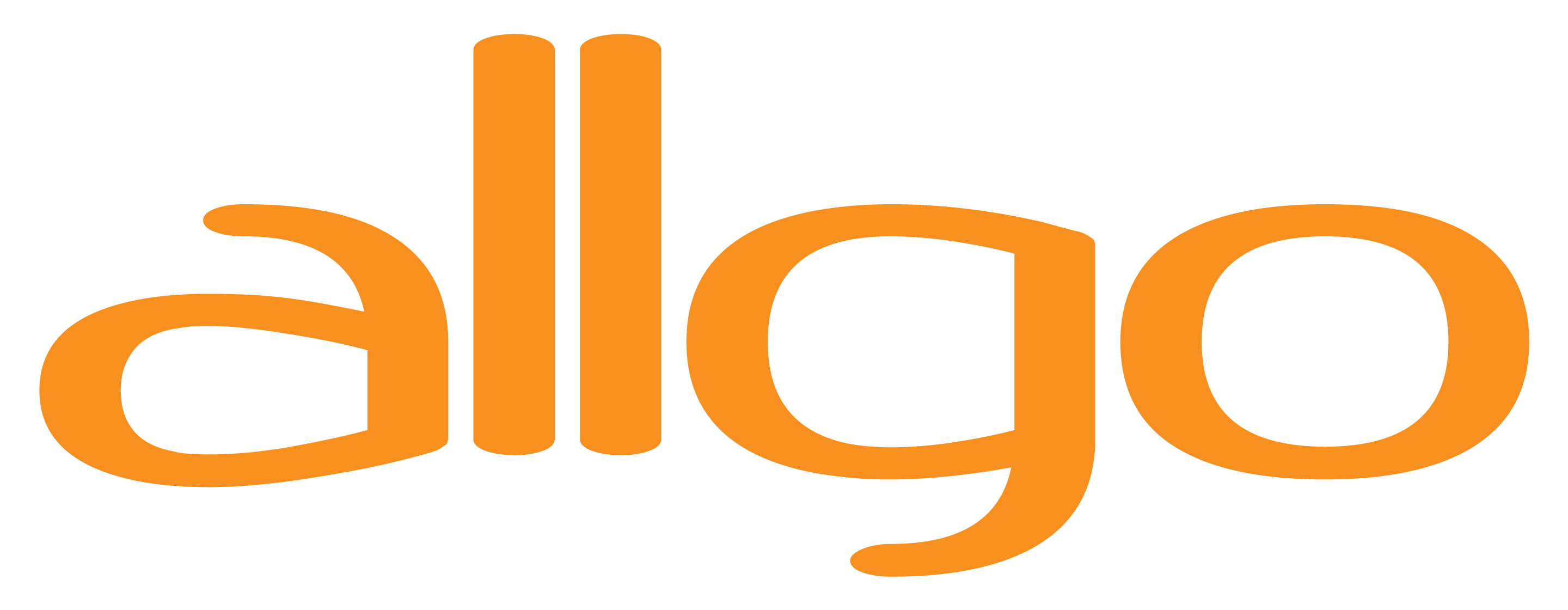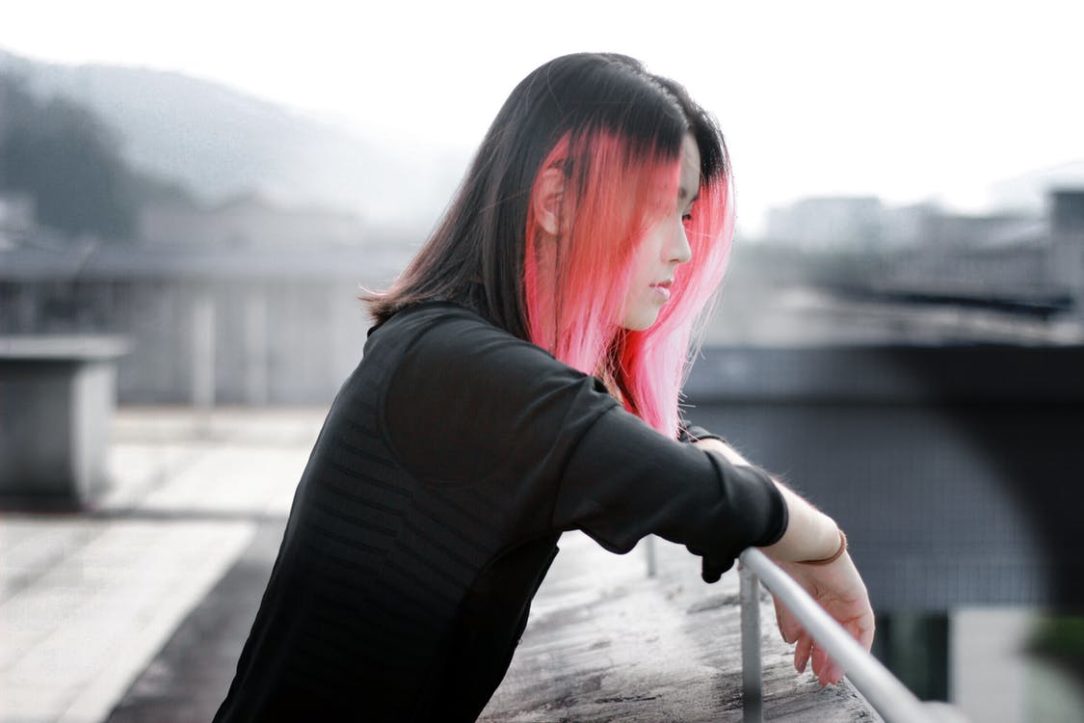By Jae Lin

Therapy can be beneficial for many people, especially those currently experiencing mental health struggles impacting their everyday lives. However, there are many barriers to accessing traditional therapies, especially for queer people of color, including stigma, discrimination, healthcare insurance access, a lack of job flexibility for scheduling appointments, and the often high financial costs. Because of these institutional barriers, it can feel like the knowledge and strategies that therapists have to offer are withheld from our communities.
Queer people of color cannot afford to wait for wider institutions to figure out how to accommodate us and serve our mental healthcare needs. Resources that are free or lower cost that offer access to information on how different therapies work can be helpful for relieving at least some of the barriers to getting help.
(Note that some of these resources are only accessible on some platforms; for example, iTunes apps only work on Apple devices, and Google Play Store apps only work on Windows or Android devices).
Free Resources
-
- Depression CBT Self-Help Guide (Google Play)
https://play.google.com/store/apps/details?id=com.excelatlife.depression&hl=en
Cognitive Behavioral Therapy (CBT) is a widely-used method of therapy that many use to manage the symptoms of depression. This free app provides thorough walkthroughs of various aspects of CBT as well as a variety of tools to help you understand depression, manage symptoms, and engage in self-care.
- Depression CBT Self-Help Guide (Google Play)
-
- ACT Coach (iTunes)
https://itunes.apple.com/us/app/act-coach/id804247934?mt=8&ign-mpt=uo%3D4
Acceptance and Commitment Therapy (ACT) aims to help you live with unpleasant thoughts, feelings, and impulses without avoiding them or being controlled by them. In ACT, you are encouraged to commit to actions so that you can live your life by your values, even in the face of unpleasant experiences.This app offers exercises, tools, information, and tracking logs to help you practice mindfulness and acceptance.
- ACT Coach (iTunes)
-
- MindShift (iTunes and Google Play)
https://www.anxietybc.com/resources/mindshift-app
This app helps users cope with anxiety with lessons, tools, and resources to help users learn how to relax, develop more helpful ways of thinking, and identify active steps that will help users take charge of your anxiety.
- MindShift (iTunes and Google Play)
-
- StepAway (iTunes)
http://stepaway.biz
This app helps those who want to step away from an alcohol addiction, guiding users through emotional risks and cravings, both when feeling down or in high risk situations.
- StepAway (iTunes)
-
- PTSD Coach (iTunes and Google Play)
https://www.ptsd.va.gov/public/materials/apps/PTSDCoach.asp
Developed by the US Department of Veterans Affairs, this app provides information about PTSD, a way to track your symptoms, and some stress-relieving resources.
- PTSD Coach (iTunes and Google Play)
-
- Happify (iTunes, web browser)
https://www.happify.com/
This app features an array of games, activities, and prompts that aim to destress, engage, and uplift your mood.
- Happify (iTunes, web browser)
- International OCD Foundation (website, miscellaneous)
https://iocdf.org/other-resources/
A resource list of online websites, podcasts, blogs, and other information about obsessive compulsive disorder.
If You’re in Crisis
If you are actively considering suicide or experiencing crisis, call one of these numbers to talk to someone, 24/7 (US only):
-
- Trevor Lifeline: 1-866-488-7386
A suicide hotline for LGBTQ youth (13-26)
- Trevor Lifeline: 1-866-488-7386
-
- GLBT National Help Center Hotline: 1-888-843-4564
Peer support for all LGBTQ+ people
- GLBT National Help Center Hotline: 1-888-843-4564
-
- National Suicide Prevention Hotline: 1-800-273-8255
24/7 USA hotline for anyone experiencing suicide ideation
- National Suicide Prevention Hotline: 1-800-273-8255
-
- National Domestic Violence Hotline: 1-800-799-7223
24/7 USA hotline for anyone experiencing or concerned about domestic violence
- National Domestic Violence Hotline: 1-800-799-7223
- Trans Lifeline: 877-565-8860
A peer chat lifeline by and for trans people



